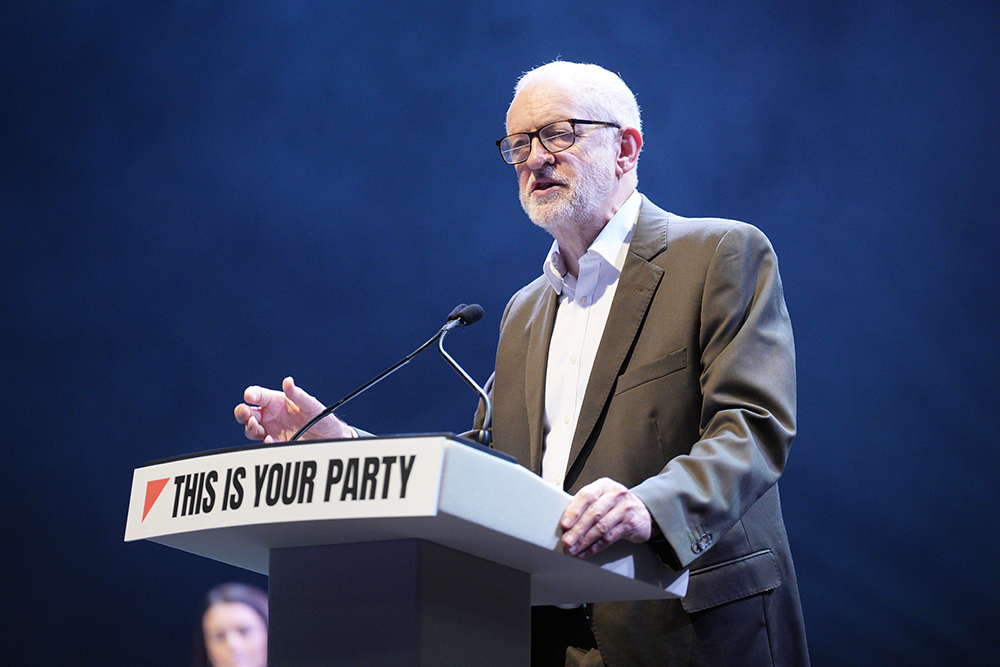The resignation of Anneliese Dodds, the International Development Minister, over cuts to the aid budget is a shock on many levels. After all, it is almost unheard of for a senior politician in office to quit because of some political belief or principle. Dodds deserves praise for sticking up for her values, even – and most importantly – at the cost of her political career
Dodds decided she had to go in the wake of Keir Starmer’s decision to slash the international aid budget by almost half to pay for an increase in defence funding. Dodds revealed she was only told about the move on Monday but held off resigning so as not to overshadow the Prime Minister’s crucial visit to Washington for talks with Donald Trump.
Dodds is right to stand up for what she believes
The impact of cuts to the aid budget will be “far greater than presented”, opines Dodds in her resignation letter. She warned that the UK pulling back from development would bolster Russia, adding: “All this while China is seeking to rewrite the global rules”. She predicted that the Prime Minister would find it “impossible” to deliver on his commitment to maintain development spending in Gaza, Ukraine and Sudan with the diminished budget.
Dodds was keen to make clear that she is not criticising the government’s plans to spend more on defence, saying that the PM was right to increase defence funding as the postwar consensus had “come crashing down” after Russia’s invasion of Ukraine. Where she differed with her leader is over where the axe should fall, arguing that the government should be looking at other ways of raising the money, including looking again at borrowing rules and taxation.
Starmer has certainly caught many in his party by surprise with the speed of his change in thinking on defence. The PM plans to increase military spending to 2.5 per cent of GDP by 2027 – with an ambition to hit 3 per cent in the next parliament. The cuts to the aid budget mean a spending reduction of just under half, from 0.56 per cent of gross national income to 0.3 per cent. The new lower level means Britain will be one of the least generous countries in the G7 in terms of international aid. Starmer’s critics have been quick to suggest that he is merely following Donald Trump’s lead in making drastic cuts to the US aid budget. This is not entirely fair or accurate. Starmer has shown a declining commitment to international aid for some time. He reversed an earlier pledge to re-establish the Department for International Development as separate to the Foreign Office, for example.
Dodds’s resignation puts the spotlight anew on her departmental boss, David Lammy. Earlier this month, the Foreign Secretary could not have been more categorical in his condemnation of the Trump administration’s decision to cut international aid, describing it as a “big strategic mistake”. Lammy has in the past also attacked Boris Johnson’s government for the way it reduced the aid budget to 0.5 per cent during the pandemic. Yet the Foreign Secretary (not for the first time) appears to have changed his mind at lightning speed: “We believe in international aid, but will always do what’s needed to keep Britain safe.” No one does a 360 degree turn quite like Lammy, who appears to think a different thing each day of the week.
There will be plenty of people in Westminster and beyond tempted to shrug at the Dodds resignation. She is hardly a household name and her departure will not have any great impact on the overall direction and fate of the Labour government. Even so, she serves as an all-too-rare reminder of an earlier and better political era, when politicians (think Lord Carrington over the Falklands and Nigel Lawson on the economic direction of the Thatcher government) put principles ahead of career progression. Dodds is right to stand up for what she believes. Her more cynical and shameless colleagues in government might want to take note.








Comments